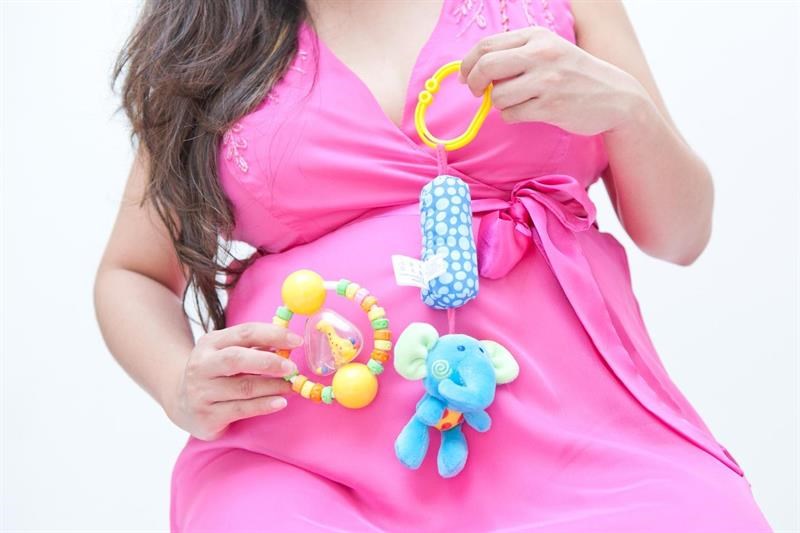Spring has sprung
Published: 27/03/2018
Well, it should do anytime soon... This season is traditionally considered a time of rebirth and new beginnings.
Often used as a metaphor for fresh starts, we dedicate the April issue of Dental Nursing to all things new – a new mission statement on breastfeeding by the British Society of Paediatric Dentistry, Charlotte Wake discusses the new needs of our pregnant patients and we hear from dental hygienist Christina Chatfield about her new way to address oral heath education – in, essence plaque is dead, long live biofilm!
To lead us nicely into the theme, here are the Oral Health Foundation’s six dental health facts your pregnant patients need to know. Be sure to share them with those enjoying this happy, but hormonal time!
Bleeding gums and gum disease
Changing hormonal levels during pregnancy mean the body will react differently to bacteria on teeth. This can lead to swollen and bleeding gums and even to the more serious forms of gum disease such as periodontitis and pregnancy gingivitis. There have been proven links between gum disease and adverse pregnancy outcomes – with a greater risk of pre-eclampsia, premature birth and giving birth to an underweight child. It is, therefore, vital that pregnant women do not ignore any early signs of gum disease and get checked out with your team straight away.
Treating gum disease
If they do have signs of gum disease, either periodontitis or gingivitis, they should know that it can be treated perfectly safely during pregnancy. Suggest a deep clean under the gums to remove any bacteria – the only risks associated with this is slight soreness of the gums that they would face even if they were not pregnant.
Prevention
As with anyone’s oral health, prevention is always much better than cure – and this is certainly the case when pregnant. A good oral health routine should involve brushing last thing at night and at least one other time during the day with a fluoride toothpaste, daily interdental cleaning and regular visits to the dentist. Remind them these are free under the NHS while pregnant.
Diet
One of the easiest changes mums-to-be can make is diet. Cutting down on how often and how much sugar consumer can dramatically reduce the risk of tooth decay and is also beneficial to many other areas of their health.
Switching to fresh fruit and vegetables is a great way to look after their oral health and also look after themselves and the baby.
X-rays and anaesthesia
Be sure to ask if patients are pregnant, especially if they need an X-ray. X-rays during pregnancy do not carry risks to your unborn baby, such as miscarriage or birth defects, but repeated exposure to radiation can potentially damage the body’s cells in the long run, increasing risk of developing cancer. X-rays are very low doses of radiation and during pregnancy carry a minimal risk of exposing the unborn baby to radiation.
Painkillers and antibiotics
It is generally safe for expectant mums to use common painkillers, such as paracetamol and antibiotics. Remind them that they should always speak to your doctor before taking any new medication while pregnant to make sure it is safe to use.
To ensure your regular copy of Dental Nursing, subscribe today – https://www.magsubscriptions.com/healthcare-dental...
Author: Julie Bissett












.jpg?width=150&height=100&scale=canvas)
